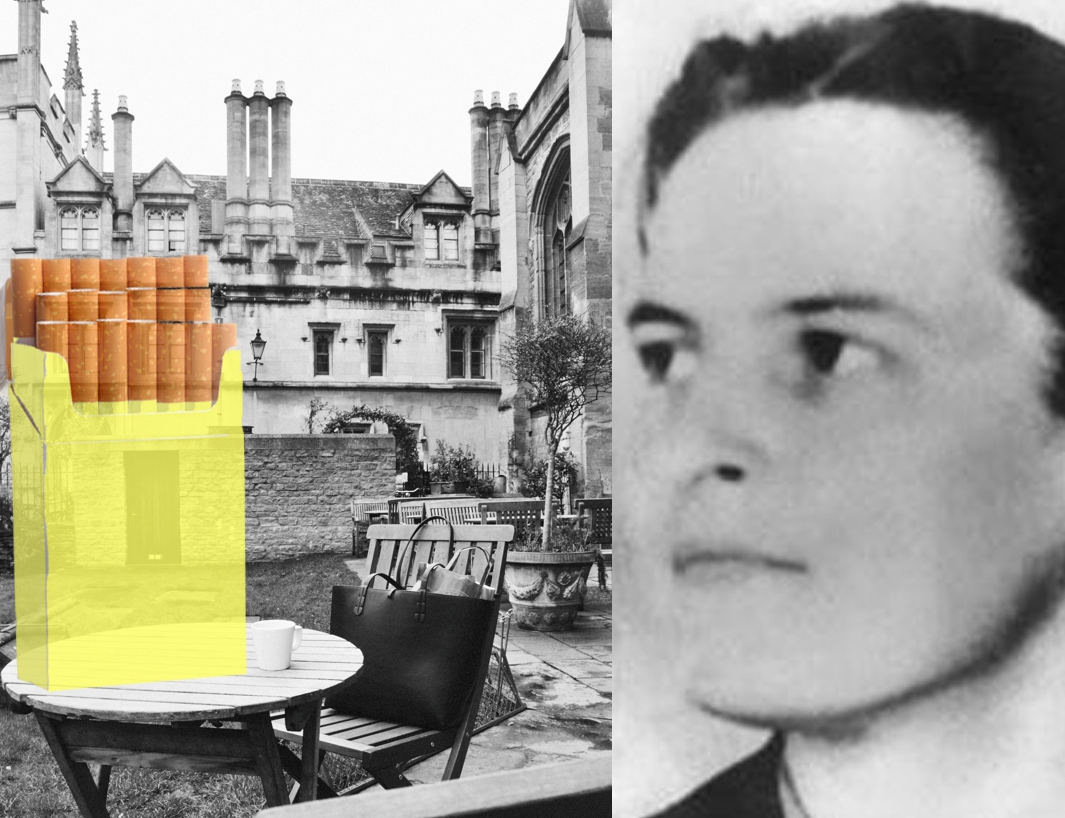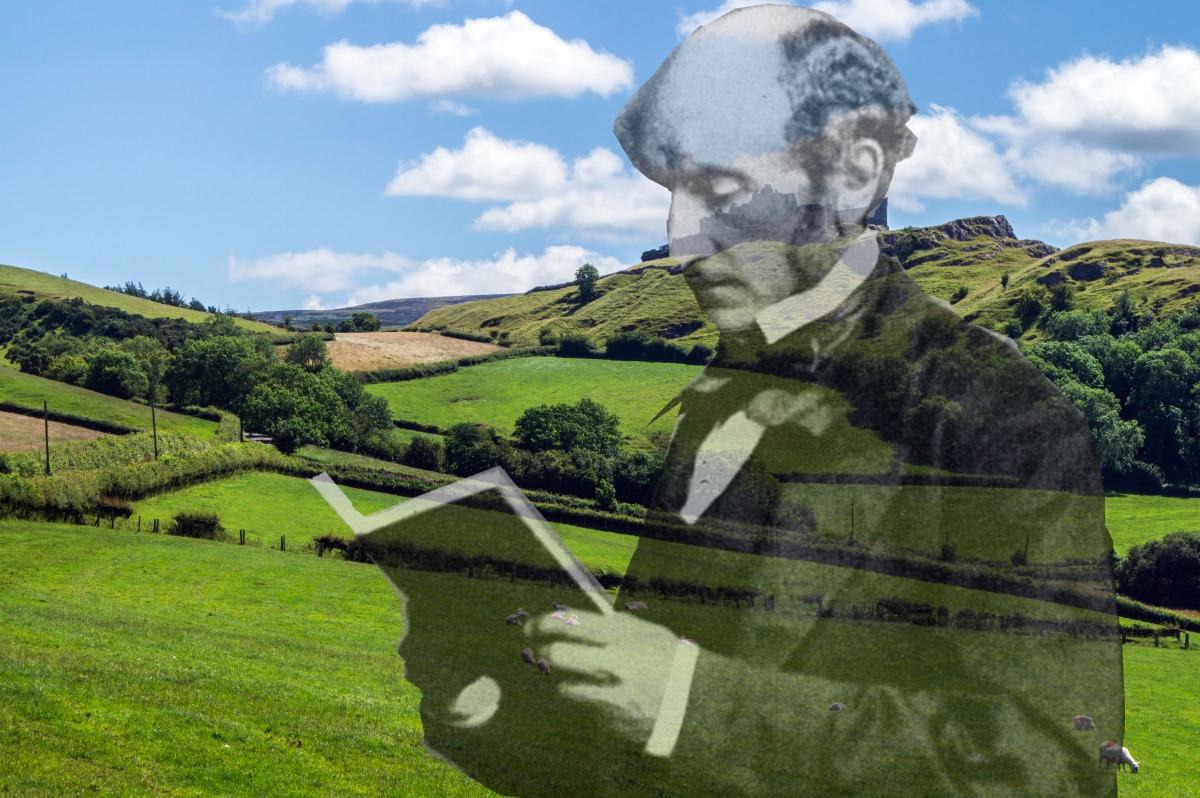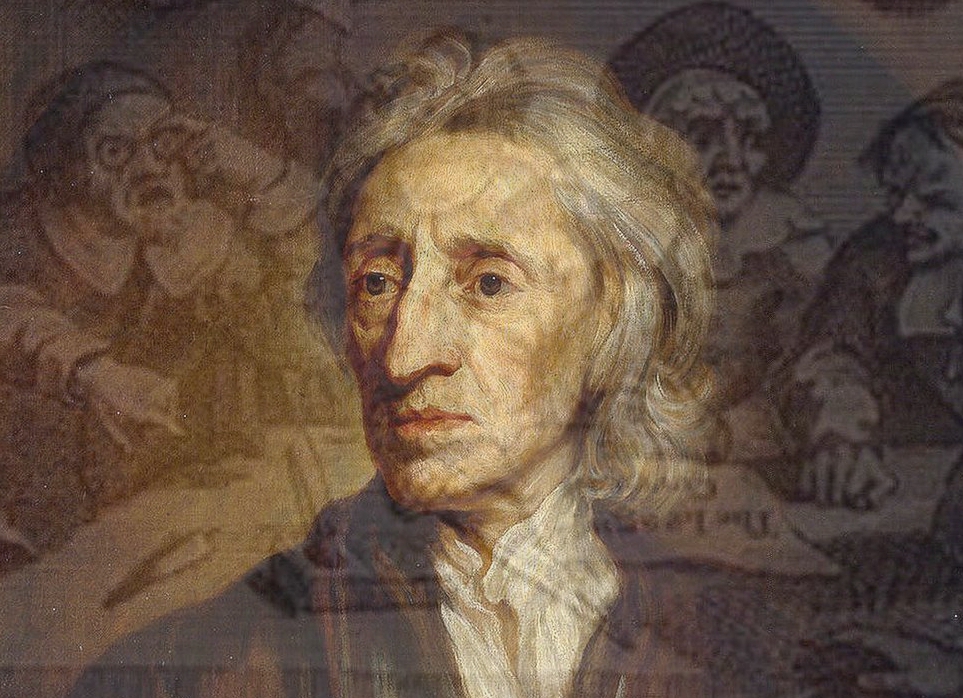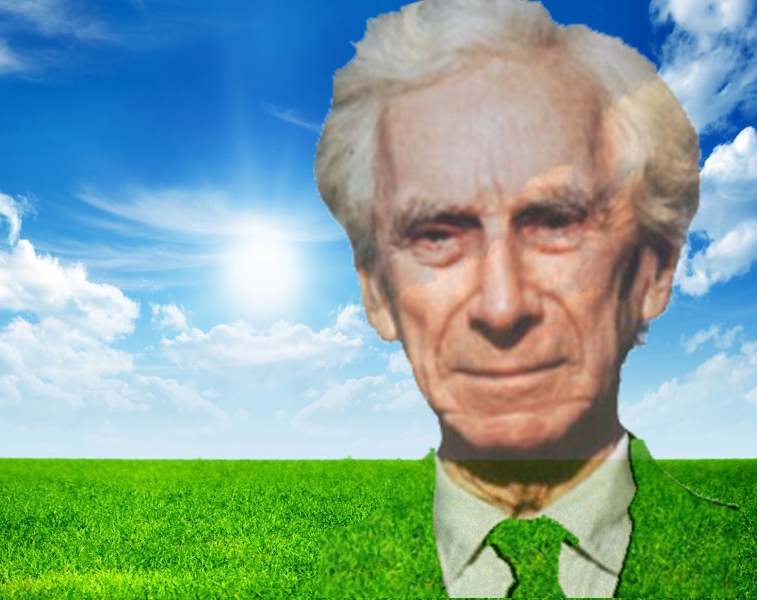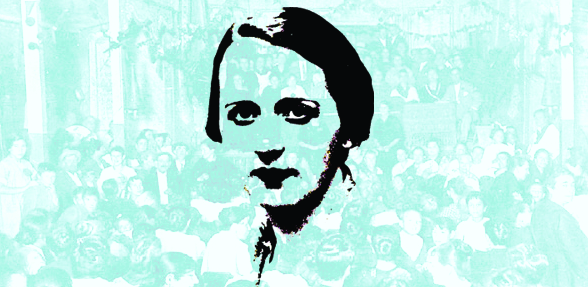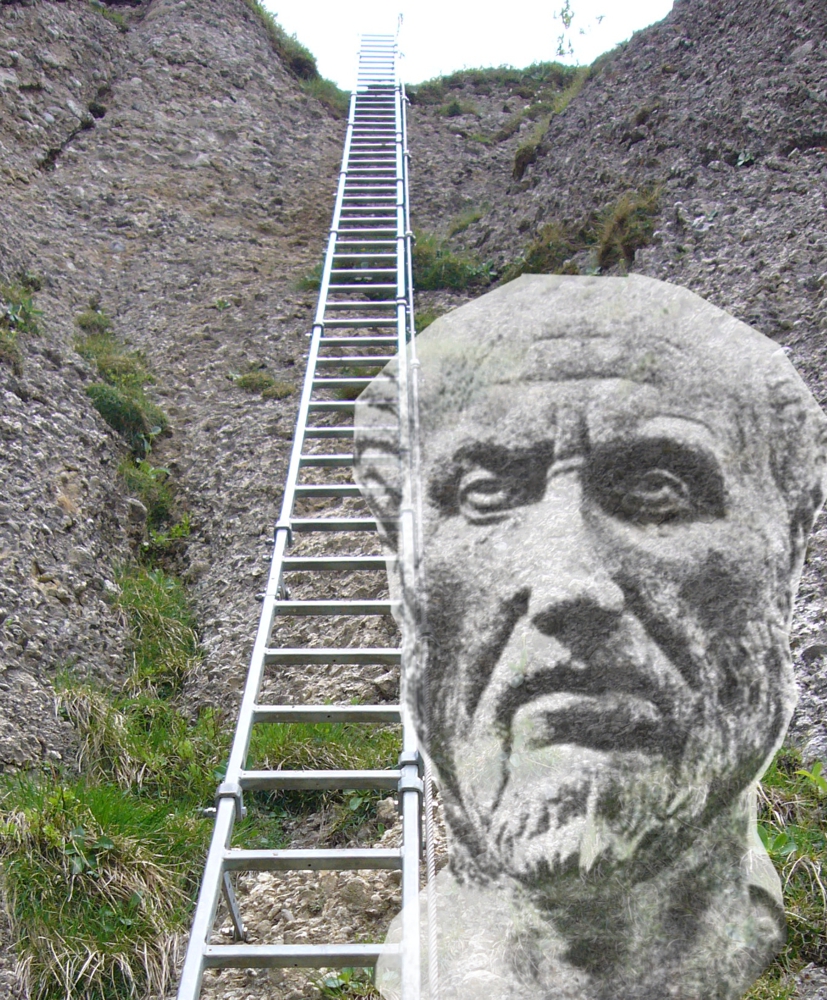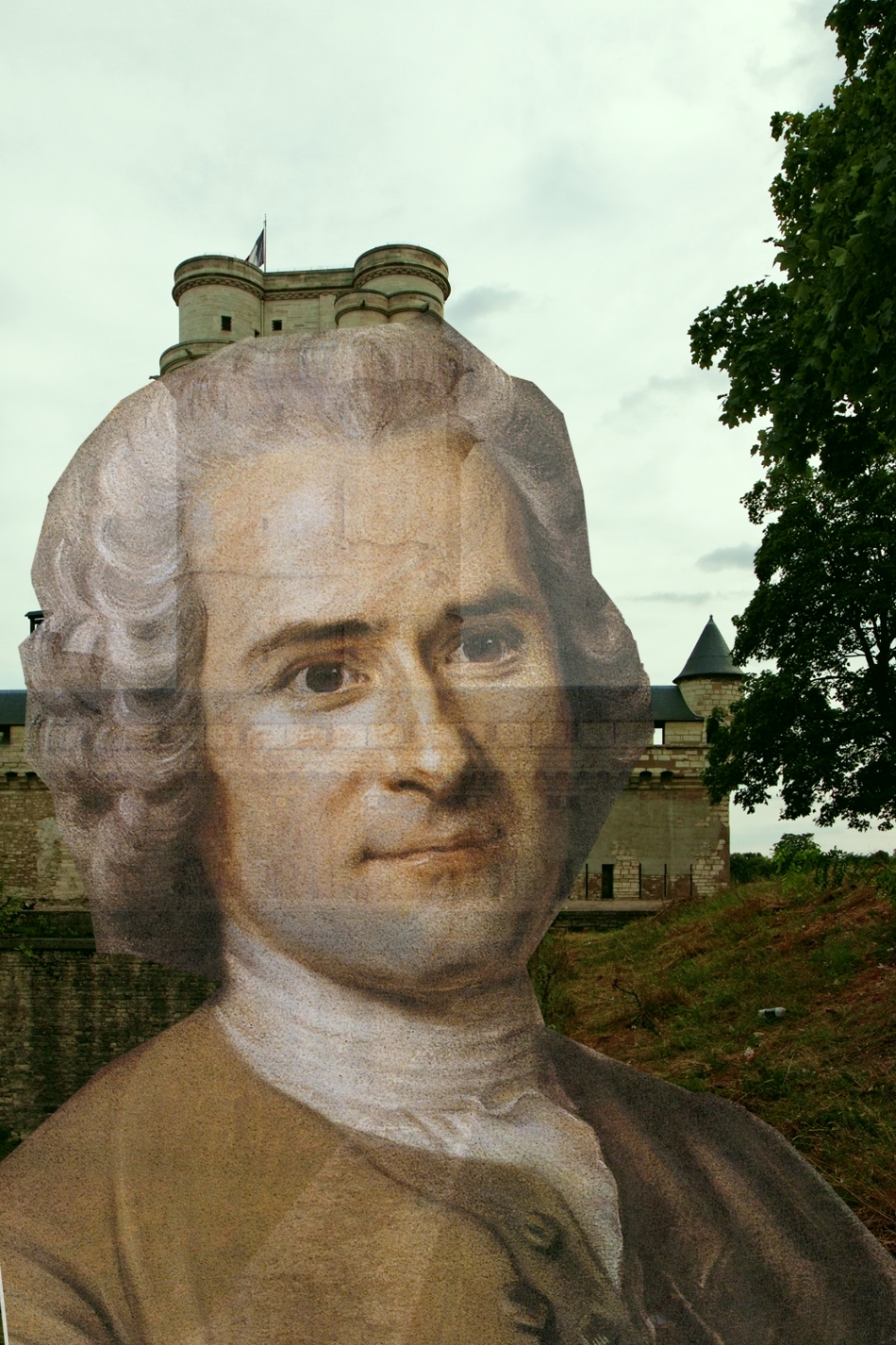|
PHILOSOPHICAL EXPERIENCES What is a philosophical experience? It is an experience that touches us with a profound philosophical insight. It is, in other words, a moment that connects between the personal and the philosophical, between my particular life-story and a fundamental issue of life. It is a conversation between me and the greater horizons of reality, between the little wave and the big ocean. |
Gottfried Leibniz – The philosophical insight of a teenager |
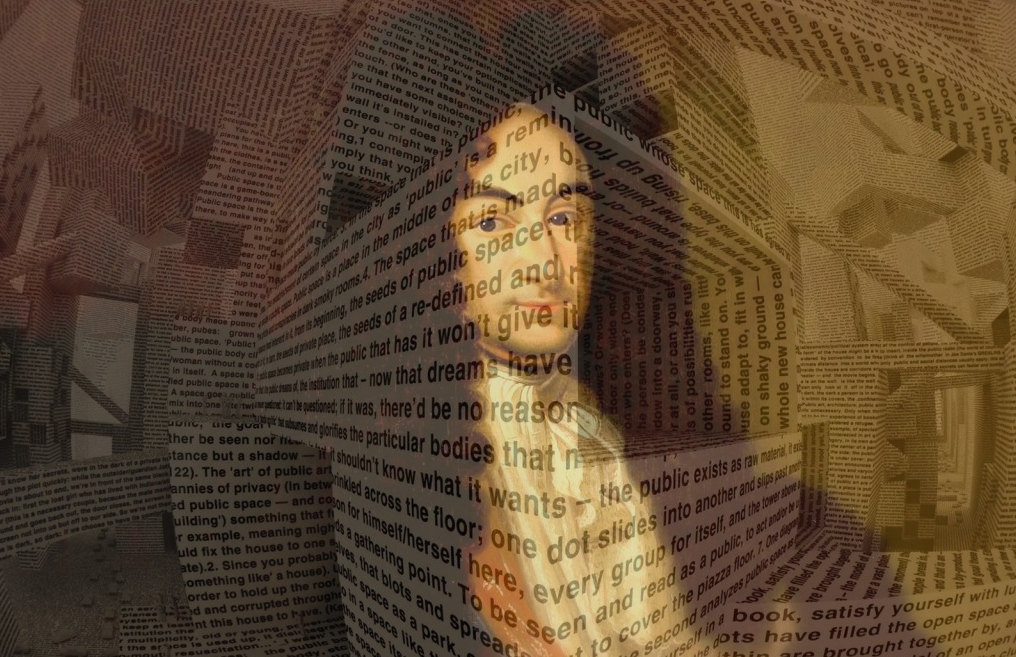
Gottfried Wilhelm Leibniz (1646-1716) was an important German philosopher, mathematician, and scientist. In mathematics, he discovered differential and integral calculus in parallel with Newton. He also developed many other ideas in mathematics, the sciences, and philosophy. Among other things, he envisioned a universal logical language which would enable us to clearly understand and evaluate any idea, and help resolve any dispute. In this respect he anticipated modern symbolic logic, although he was too optimistic about what this language could do.
The following text is adapted (some sentences simplified) from Leibniz’s Preface to his essay Universal Characteristic, written in 1678-1679 (translated to English in Leibnitz: Philosophical Essays by Roger Andrew and Daniel Garber). Here Leibniz describes how, at the age of 16, he got a powerful insight that remained with him for the rest of his life: to build a universal logical language. As the last paragraphs show, he continued to work with great hope on this idea throughout his life, but never completed it.
"[As a child] I was led from reading histories, and from my concern with style, to logic and philosophy. Then, as soon as I began to understand something of these matters, I wrote down on paper many of the fantasies that arose in my brain, and I showed them immediately to my amazed teachers. […] I was enthusiastic about this project [of developing Aristotelian logic], and I devoted myself eagerly, until I stumbled upon this wonderful insight: that one can compose a certain alphabet of human thoughts. And through the combination of the letters of this alphabet, and through the analysis of the words produced from them, all things can be both discovered and judged.
When I grasped this idea, I was delighted. Indeed, I was filled with child-like delight, because at that time I did not fully understand the magnitude of the project. But afterwards, the more progress I made in these matters, the more certain I was in my plan to follow out such a project. When I was older, twenty years old, I worked on an academic exercise. And so I wrote a dissertation, On the Art of Combinations, published as a little book in 1666, in which I presented this marvelous discovery to the public.
Posted in December 2017
By accepting you will be accessing a service provided by a third-party external to https://agora.practicafilosofica.de/
|
RECENTLY PUBLISHED PHILOSOPHICAL EXPERIENCES |
